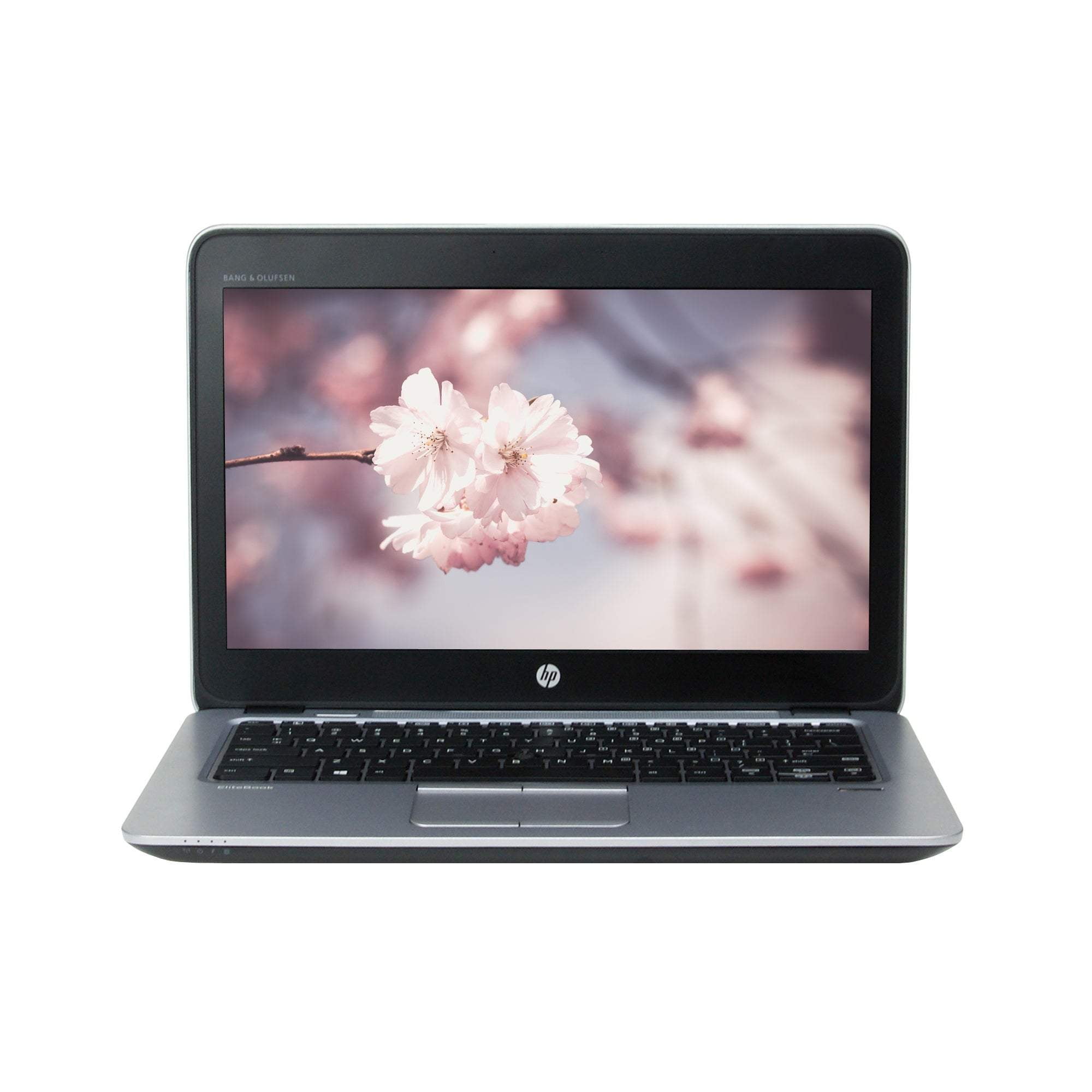
Tactile left/right mouse keys are provided for both the touchpad and trackpointer, and multi-touch gestures work well, though the lack of surface area can sometimes make it difficult to pull them off. We prefer to use this when it’s available because it makes mouse navigation possible without shifting from a comfortable typing position.

However, the system also comes with a track-pointer in the middle of the keyboard. The HP’s touchpad is about two inches tall and three inches wide, which is rather small. Light-leak is minimal, a minute amount does manage to escape via the area near the function keys. There are just two brightness settings, but they’re calibrated well. Though our review unit includd backlighting, it does not come standard on the 820. The Elitebook 820 is part of a new generation, but it makes familiar mistakes. Previous Elitebooks felt like bricks, and the new model is a feather-weight by comparison. Weight has been cut down to just under three pounds, which makes the 820 over a half-pound lighter than the preceding Elitebook 2560p, and the chassis is barely more than 8/10 of an inch thick. However, switching to magnesium has its benefits. Even low-end HP Pavilions and Envy systems use more attractive materials Though strong, magnesium feels much like plastic, and this cheapens the notebook’s look and feel, resulting in a system that seems geared towards buyers on a budget. The new 820 sets itself apart from past Elitebooks by abandoning heavy use of metal construction in favor of a mostly magnesium chassis. Does this make the 820 a light-weight that packs a punch, or a shadow of HPs past? Is lighter, better? For example, the Folio 9470m we reviewed less than a year ago was $1,549.Ĭutting the MSRP has required some sacrifices, however, most notably the luxurious (and heavy) metal construction that the Elitebook is known for.

Our review unit, which boasts a Core i5-4200U CPU and a 180GB solid state drive, costs $1,274, but this price is reasonable compared to past systems.

The new Elitebook 820, a 12.5-inch laptop that offers 4th-gen Intel Core processors, starts at only $874. Now it appears that HP is changing tactics. This was justified, for enterprise users, by the company’s elaborate suite of security and network management software, but consumers have less use for such tools. Price has generally been to blame, as even systems with mundane specifications often sold well above $1,000. HP’s Elitebook line has had difficulty competing with Lenovo’s ThinkPad.


 0 kommentar(er)
0 kommentar(er)
